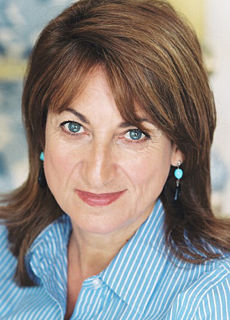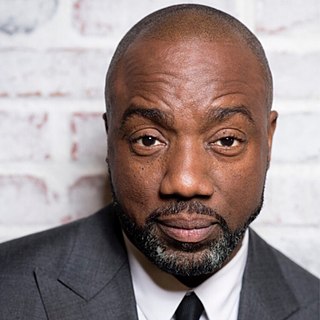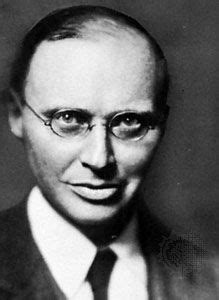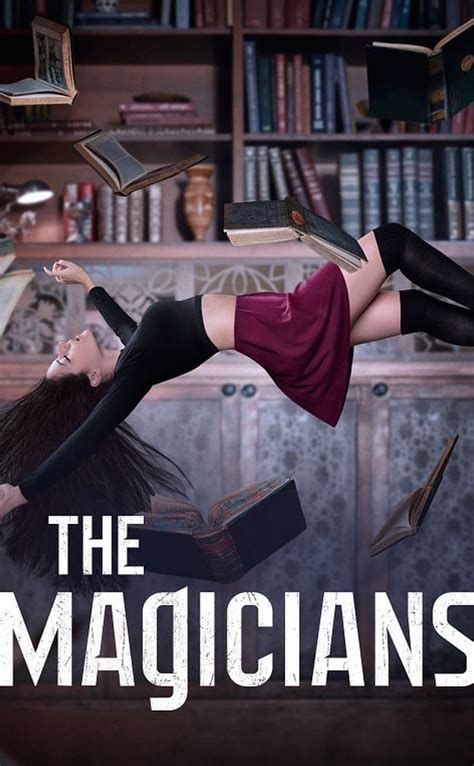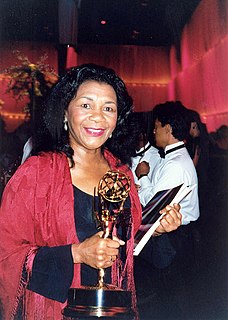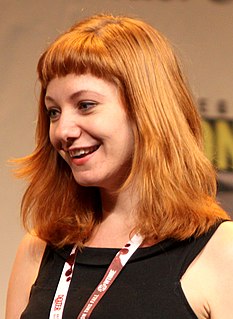A Quote by Nick Clooney
We decided that how we react to and treat those fellow mortals, wild and domestic, tells us more about ourselves than, perhaps, some of us want to know.
Related Quotes
So I think if we want to turn the table around, more than thinking about how can we starve the Islamic State in terms of money, we should think about how can we maximise the amount of resources that we have in order to secure ourselves. For us, instead of bombing so much, which is extremely expensive, perhaps, you know, we should use some of that money in order to protect ourselves.
I think any time you have any kind of social ill, not just domestic violence...as much as it's about the act, the obvious theme of domestic violence, Domestic Violence Awareness Month is also about how men deal with their emotions. It's not just like who gets brutalized; sometimes it's women that are abusing men, too. I think it's just an opportunity for us to look at ourselves. How do we treat each other? Why do we treat each other that way?
Some people think elections are a game: who's up or who's down. It's about our country. It's about our kids' future. It's about all of us together. Some of us put ourselves out there and do this against some difficult odds. We do it, each one of us, against difficult odds. We do it because we care about our country. Some of us are right, and some of us are not. Some of us are ready, and some of us are not. Some of us know what we will do on day one, and some of us haven't thought that through.
The way we treat people we think can't help or hurt us - like housekeepers, waiters, and secretaries - tells more about our character than how we treat people we think are important. How we behave when we think no one is looking or when we don't think we will get caught more accurately portrays our character than what we say or do in service of our reputations.
In each of us there is another whom we do not know. He speaks to us in dreams and tells us how differently he sees us from the way we see ourselves. When, therefore, we find ourselves in a difficult situation to which there is no solution, he can sometimes kindle a light that radically alters our attitude - the very attitude that led us into the difficult situation.
As time went on, we learned to arm ourselves in our different ways. Some of us with real guns, some of us with more ephemeral weapons, an idea or improbable plan or some sort of formulation about how best to move through the world. An idea that will let us be. Protect us and keep us safe. But a weapon nonetheless.
We write for the same reason that we walk, talk, climb mountains or swim the oceans — because we can. We have some impulse within us that makes us want to explain ourselves to other human beings. That’s why we paint, that’s why we dare to love someone- because we have the impulse to explain who we are. Not just how tall we are, or thin… but who we are internally… perhaps even spiritually. There’s something, which impels us to show our inner-souls. The more courageous we are, the more we succeed in explaining what we know.
History tells us more than we want to know about what is wrong with man, and we can hardly turn a page in the daily press without learning the specific time, place, and name of evil. But perhaps the most pervasive evil of all rarely appears in the news. This evil, the waste of human potential, is particularly painful to recognize for it strikes our parents and children, our friends and brothers, ourselves.
The problem I want to talk to you about tonight is the problem of belief. What does it mean to believe? We use this word all the time, and I think behind it lurk some really extraordinary taboos and confusions. What I want to argue tonight is that how we talk about belief- how we fail to criticize or criticize the beliefs of others, has more importance to us personally, more consequence to us personally and to civilization than perhaps anything else that is in our power to influence.
Immigrants to America help us with the work they do. They challenge us with new ideas, and they give us perspective. This is still the nation that more people around the world want to come to than any place else. That has to tell us something about ourselves. If around the world this is the place people want to come to so much, maybe there's more here than many of us realize-and that many of us can take advantage of.
I won't say he [Shakespeare] 'invented' us, because journalists perpetually misunderstand me on that. I'll put it more simply: he contains us. Our ways of thinking and feeling-about ourselves, those we love, those we hate, those we realize are hopelessly 'other' to us-are more shaped by Shakespeare than they are by the experience of our own lives.

